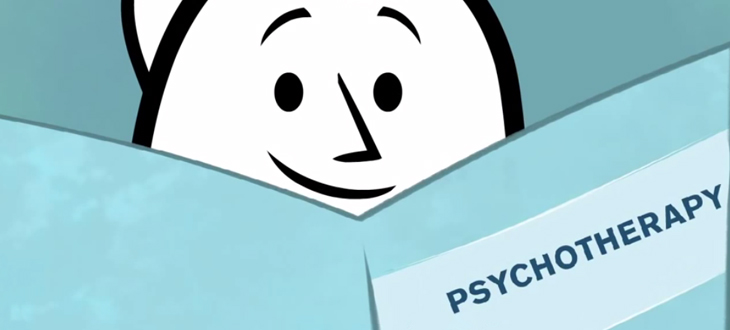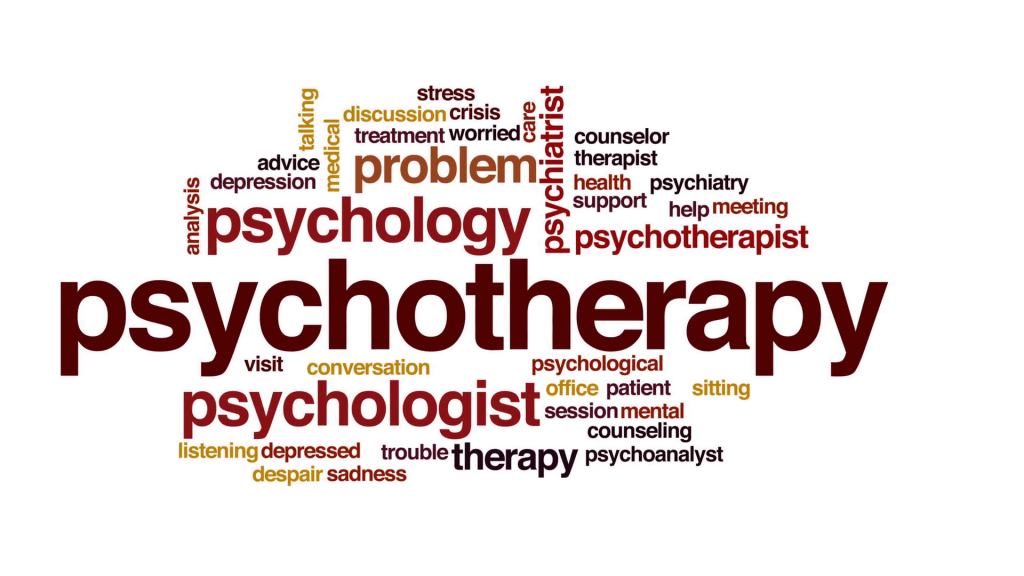Different types of psychotherapy work and can help treat mental health conditions and symptoms relating to mental illnesses and emotional difficulties.
No one can envision the inner strength of a human being when he or she experiences their proudest moment or finishes their finest work.

It becomes visible once they face stress, a mental illness, a chronic disorder, or other devastating situations.
People who experienced painful relationships growing up were trained to expect hurtful experiences with others. — Alex Afram, PhD
Importance Of This Therapy
If a person openly talks about a health or self-awareness matter without shame or guilt, it confirms they can heal independently, with no need for psychotherapy. He or she releases the sad thoughts and behaviors, so there won’t be building blocks for mental negativity. But assuming none of the people around them can break through their emotional and mental barriers, this may be the answer.
There is nothing wrong with having an agenda for your therapy—in fact, goals are an essential part of any effective therapeutic alliance. However, if you are going to get the results you desire in therapy, the goals of the therapy must be your goals, and the agenda must be your agenda. — Maury Joseph, PsyD
Expectations When Receiving Therapy Sessions
Psychotherapy is a treatment plan in which a qualified professional will assist you in overcoming problems, physically, emotionally, and mentally, in conversations to help you with your mental health. Hence, another term used for it is talk therapy. However, it can branch out into behavioral therapy.

Assessing Mental Health Through Psychotherapy
In psychotherapy sessions, or also called talk therapy, the licensed mental health professional will initially assess your psychological condition through a collection of psychological tests. The results from the supportive tests allow the psychologist – and you – to recognize the root of your mental issues — even eating disorders or bipolar disorder.
Inside The Process: What Happens During Psychodynamic Psychotherapy
Instead of administering drugs or orders, in psychotherapy, this professional or licensed social worker will ideally provide psychotherapy techniques to help you cope with the emotions. They may ask you to try the intensive form of techniques one by one, just to identify and change routines to know which mechanism will suit you best.
Psychotherapy Post-Sessions
After a few supportive sessions, there may be psychotherapy homework assignments for the doctor to detect if you can already handle your situation without their assistance.
What Are The Significant Advantages Of The Treatment?
You gain a new emotional support system with psychotherapy.
Psychotherapy is beneficial because it puts you in a judgment-free and supportive environment where it’s more comfortable to voice out your feelings. The psychologist can also keep track of your improvements and behavior patterns, so you won’t need to guess how you’re progressing.
Be in touch with what your heart is saying. If you are in touch with your heart, the vessel that speaks one’s emotions, you can understand your needs in a concrete way. —
Psychotherapy Teaches Legit Problem-Solving Skills
With a few sessions and guidance from licensed mental health care professionals, you’ll know how to determine and resolve your underlying interpersonal issues. Should any situation emotionally depress you again in the future, dialectical behavior counseling has prepared you to fix it on your own.
Psycotherapy is rediscovering your life’s purpose becomes feasible.
A mental health professional has effective and healthy ways to encourage even the most secretive individual to speak about their mental health problems. Talk therapy and cognitive behavioral therapy are advantageous, of course, since it can make you realize the meaning of your life once more.
Different Types Of Treatment
There are different types of psychotherapy, such as cognitive behavioral therapy (CBT), psychodynamic therapy, and more. The type you’ll use will depend on your mental health, any other conditions, and what your therapist discovers during your therapy sessions.
Interpersonal Therapy
Interpersonal therapy leads the person to communicate effectively with others and helps them get through their mental health conditions, including bipolar disorder, substance abuse, anxiety, and depression. These include anxiety disorders, post-traumatic stress disorder, eating disorders, borderline personality disorder, obsessive-compulsive disorder, panic disorder, emotional distress, mood disorders, trauma-related disorders, and other mental health and psychotic disorders.
Interpersonal psychotherapy or relationship counseling teaches people interpersonal skills that let them reconstruct and strengthen all their relationships that may have been strained before.
Cognitive-Behavioral Therapy
Cognitive behavioral psychotherapy involves helping the person receiving mental health services treatment transform negative thought patterns into something positive. How they react to those ideas is modifiable too using behavioral therapy CBT.
Group-Sharing Experiences Therapy
In group counseling sessions, multiple patients share their experiences and learn psychological coping strategies together in a group setting. Sessions using group psychotherapy is especially valuable for folks who can heal well with others.
Psychodynamic Therapy
When the treatment takes place, the telemental health services and primary care physicians often give the person a chance to talk uninterruptedly regarding a topic. This technique helps mental health professionals notice their mental disorders and behavioral patterns and come up with a long-term plan.
Family Interaction
Going through psychotherapy treatment as a family permits the patients and family members to deal with issues well. They can then understand what the family feels and needs with the licensed professional counselors’ explanation and can mend the situation as one.

Saving Yourself From Emotional Setbacks
The foreseeable reason why many still hesitate to visit a psychologist is that others might think they’re a lost cause.
Final Thoughts And Insights
In reality, you book a psychotherapy session because you want to save yourself from emotional setbacks as well as mental health complications and their repercussions. Feel free to seek psychotherapy, therefore, and receive other mental health professionals to assist in this process and provide you with the social help you deserve.
Frequently Asked Questions
What are the 4 major types of psychotherapy?
What kind of therapy is psychotherapy?
Are psychotherapists different from marriage and family therapists?
What is the main goal of psychotherapy?
What mental health disorders can be treated with psychotherapy?
When should a person seek psychotherapy?
Can psychotherapists diagnose mental illness?
Can psychotherapists prescribe medications?
How many treatment sessions do you need?
What mental health condition should never or not be treated with psychotherapy?

